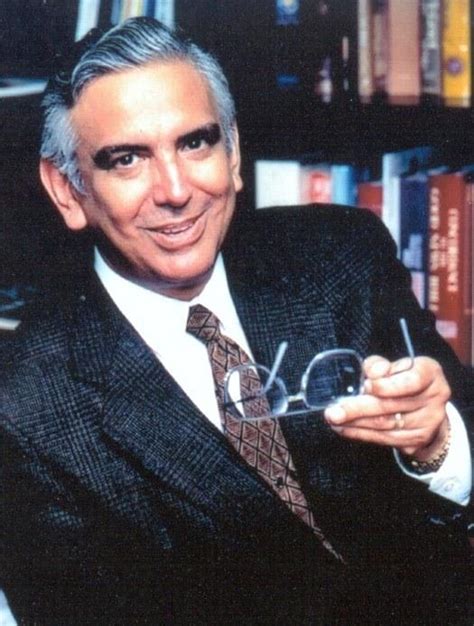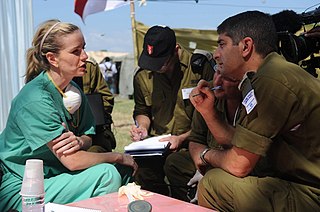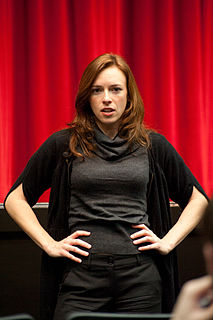A Quote by Justo L. Gonzalez
It's a matter of each of the two churches being very deeply enculturated in its own setting and having difficulty understand the other.
Related Quotes
It is very important to understand that pluralism is part of our system. We don't all think the same thing and part of our strength is that we come from different perspectives. We have to respect one another even when we disagree with each other. There has to be a spirit of tolerance for the views of others, while also being deeply committed to the positions we hold. If we do that, I think we can coexist and learn to love each other better.
See, that's the thing about second chances. It's two people that are there for each other and support each other and care about each other no matter how much they want to deny it. It's about one person doing everything they can to make sure the other doesn't fall and vice-versa. Second chances are about holding on to that other persons hand no matter how hard they beg to let go.
The difficulty of saying I-a phrase from the East German novelist Christa Wolf. But once having said it, as we realize the necessity to go further, isn't there a difficulty of saying 'we'? You cannot speak for me. I cannot speak for you. Two thoughts: there is no liberation that only knows how to say 'I'; there is no collective movement that speaks for each of us all the way through.



































